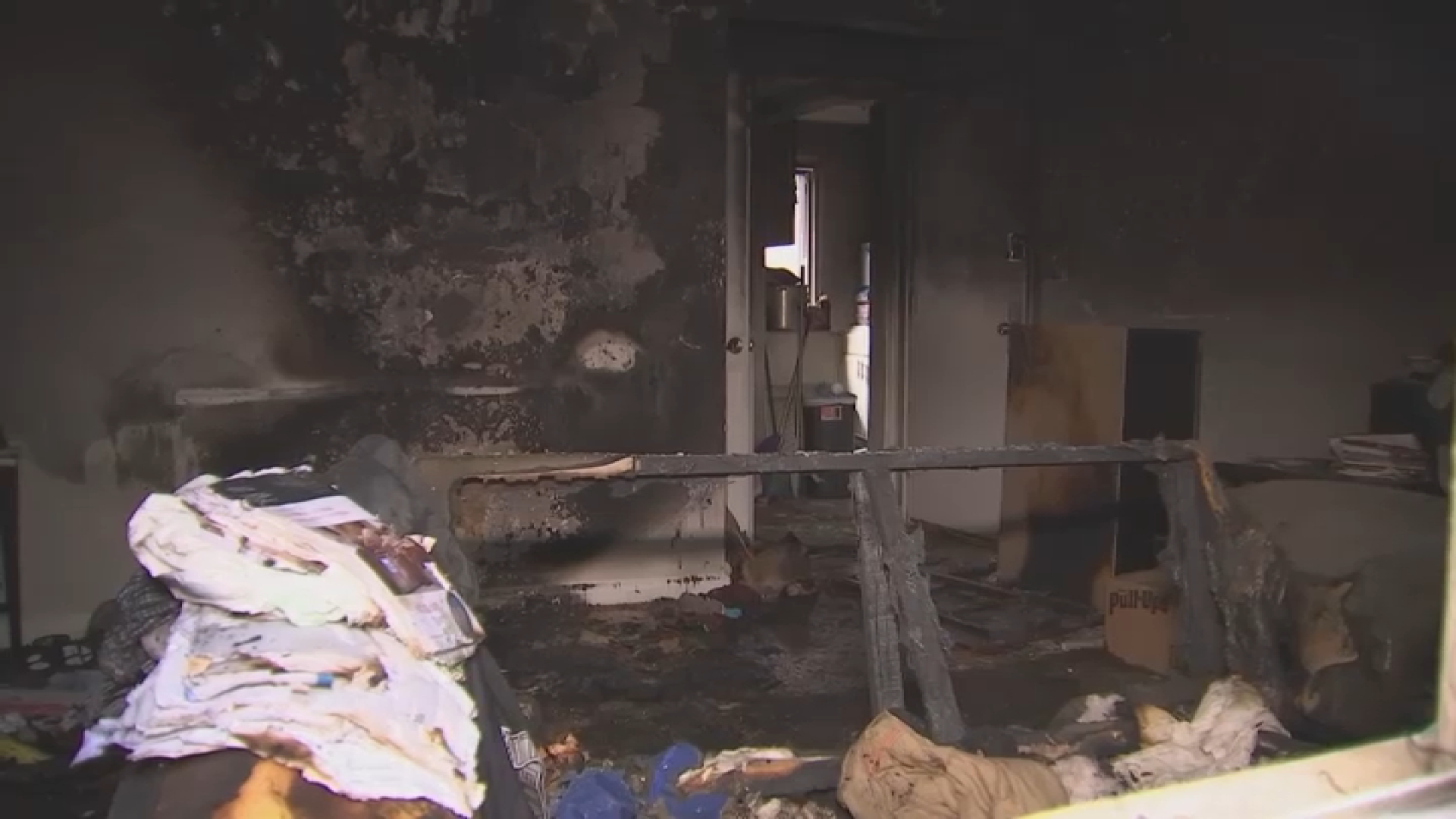On Monday afternoon, our area and nation will be mesmerized by the total solar eclipse. It will darken our skies, but the shadow will last only for a couple of minutes.
It will take a lot longer for the dark shadow of racial hatred and white supremacy exposed in Charlottesville, Va., to pass from our politics. Perhaps it never will.
Surely, as a baseline, any person of any measure of goodwill simply could say a protest that includes waving a Nazi swastika flag is worthy of full-throated condemnation. Yet, there is some equivocation and false equivalency on the fault of the violence.
Such hateful protests by white supremacists, if peaceful, are protected by the same rights that allow peaceful demonstrations such as January’s Women’s March, the LGBT March on Washington in June, and the annual March for Life against abortion that is held each January.
“Peaceful” being the key word.
On Monday, we heard from D.C. Del. Eleanor Holmes Norton, the first woman to chair the Equal Employment Opportunity Commission.
“In a life spent striving for equal rights, I am accustomed to setbacks,” she said in a statement. “No setback I have known, however, has been as foreseeable as the attacks in Charlottesville. The reemergence of white supremacist and neo-Nazi affiliated hate groups, and even the KKK, and their relationship to the Trump presidency, now cannot be doubted.”
Local
Washington, D.C., Maryland and Virginia local news, events and information
Noting President Trump’s stumbling responses, Norton said he may be unifying the country “not by his words, but by his failure to learn the lesson of 400 years of slavery and racial oppression.”
The reverberations from Charlottesville will continue to play out from presidential to state and local politics. And certainly it is now an issue in the ongoing campaign for governor of Virginia.
President Trump has personally but belatedly condemned in unmistakable words Nazism and far-right, white supremacy. Critics say his measured words on Saturday blaming “many sides” in Charlottesville were a dog-whistle code to some of his supporters on the far right.
Some in the Trump administration and other national Republicans have no trouble being more direct about the violence and death. “Certainly I think we can confidently call it a form of terrorism,” Trump’s National Security Adviser H.R. McMaster said on NBC’s “Meet The Press.”
Utah Republican Sen. Orrin Hatch was also not equivocating: “We should call evil by its name. My brother didn’t give his life fighting Hitler for Nazi ideas to go unchallenged here at home.”
In Virginia there is an election for governor in November. The Charlottesville violence prompted denunciation from all sorts of Democrats and most Republicans. (We say “most” because Republican 2018 Senate candidate Cory Stewart offered a general denunciation of violence and law-breaking, but not specifically the Nazi-inspired right.)
Charlottesville Mayor Mike Signer, a Democrat, specifically blamed President Trump’s initial refusal to clearly denounce right-wing extremists.
“He should look in the mirror,” Signer said on CBS’ “Face the Nation,” adding that Trump’s first words “go right to the gutter and play to our worst prejudices … a tide of coarseness and bullying.”
Democratic Gov. Terry McAuliffe, thought to be considering a 2020 run for president, is not one normally shy about national publicity. But he made it a point to avoid the Sunday talk shows last weekend.
“I was invited today to go on a lot of TV shows. I turned them all down,” he said from the pulpit of the Mount Zion First African Baptist Church in Charlottesville. “This is not about politics; it’s about who we are as American citizens.”
But, of course, this is about politics. “Politics” is not a bad word. It’s how our government functions. But there are good politics and bad politics. It was good politics for the governor to have invited Democratic Lt. Gov. Ralph Northam to stand with him in the church. Northam is the Democratic candidate to succeed McAuliffe, locked in a political race for governor with Republican nominee Ed Gillespie.
Northam has been unabashed in placing blame for Charlottesville. “We need to make it clear to those responsible for yesterday’s violence: White supremacy has no safe harbor in the United States of America,” he tweeted.
Gillespie was no less direct. “We’ve seen evil in white supremacist torches and howling neo Naziism,” he tweeted. “Definitely tragic effect of vile neo Nazi and white supremacist actions.”
■ That Lee statue in Charlottesville. The statue of Robert E. Lee that brought the far-right demonstrators to Virginia has a connection to Washington. The lead sculptor was Henry Merwin Shrady, who is best known for the huge Ulysses S. Grant Memorial on the west front of the U.S. Capitol.
Shrady was commissioned in 1917 to do the Lee statue, but he died before it was finished. Leo Lentelli finished it in 1924. It stands 26 feet high and joined the list of the National Register of Historic Places in 1997.
The park in which the statue stands originally was named “Lee Park.” Charlottesville’s city council recently renamed it “Emancipation Park.” The political fight over removing the Lee statue is ongoing.
■ A final word. The Ward 8 community said farewell Saturday to William “Cardell” Shelton. Family and friends celebrated his life during a service at the Ambassador Baptist Church on Minnesota Avenue SE. Your Notebook went to say goodbye to the 87-year-old civic activist and former advisory neighborhood commissioner who never minced words about his passion — encouraging the city to do more to get young men into well-paying jobs in the vocational and building trades. Shelton knew there were good jobs to be had. Advocates for job training have lost a true friend.
Tom Sherwood, a Southwest resident, is a political reporter for News 4.



